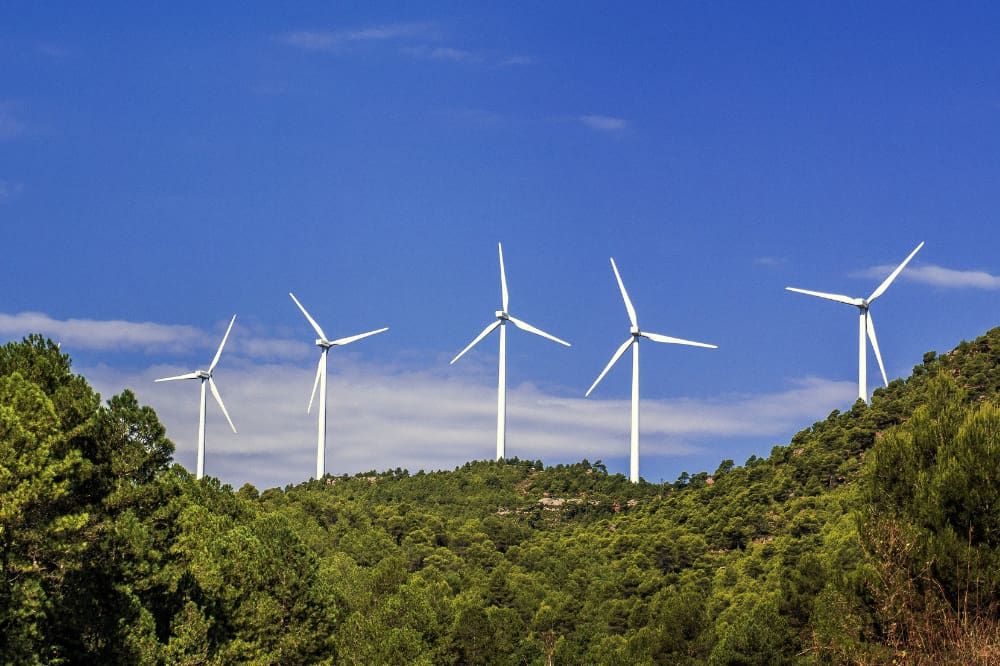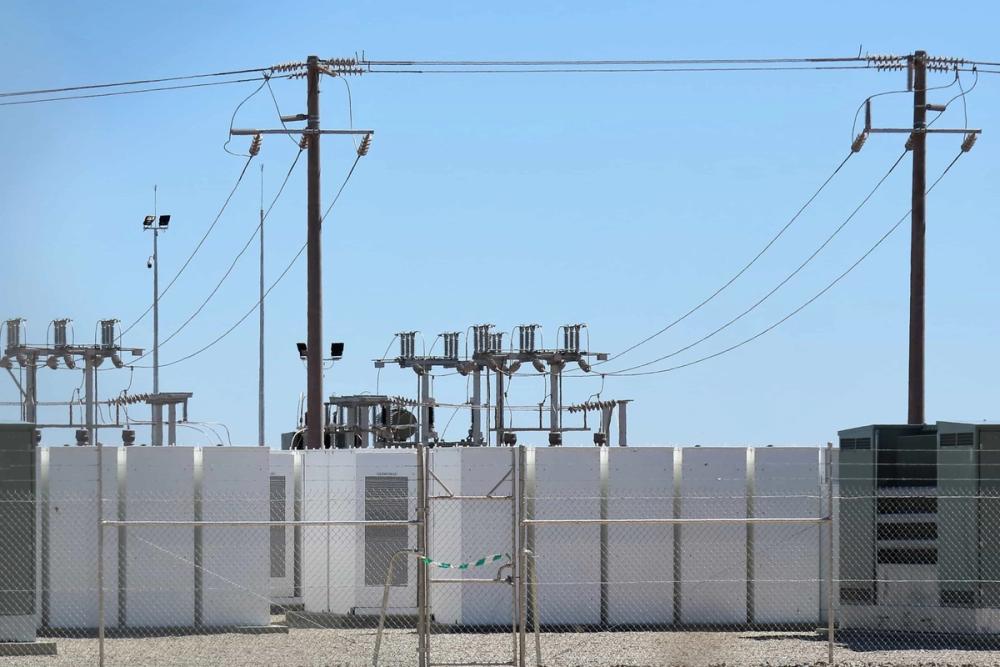What Are The Best Types Of Battery Energy Storage Systems

In our rapidly evolving energy landscape, the demand for reliable and sustainable energy solutions is higher than ever.
Battery energy storage systems (BESS) have emerged as a key component of meeting this demand, offering a multitude of benefits, from grid stability to renewable energy integration.
The team at Balance Power is committed to exploring and implementing the best types of BESS to shape the future of energy storage.
In this article, we'll look into the world of battery energy storage systems while discussing the best types available and the situations in which they are best suited.
Battery Energy Storage Systems
Battery energy storage systems have gained some traction because of their ability to store excess energy and release it when needed.
This not only improves the stability of the grid but also enhances the utilisation of renewable energy sources like solar and wind power, which can be intermittent in nature.
Lithium-Ion Batteries
Lithium-ion batteries are perhaps the most well-known and widely used battery type in BESS. They are known for their high energy density, long cycle life, and efficiency.
Lithium-ion batteries, otherwise known as rechargeable batteries, are commonly used in electric vehicles (EVs) and have found their way into various grid-scale energy storage applications.
Their versatility, coupled with ongoing research and development, makes them a top choice for many projects.
Flow Batteries
Flow batteries, including vanadium redox flow batteries, have gained attention for their ability to provide long-duration energy storage.
Unlike traditional batteries, flow batteries store energy in electrolytes, allowing for scalability and flexibility in capacity.
This makes them well-suited for applications that require extended discharge times, such as smoothing out fluctuations in renewable energy generation.
Sodium-Ion Batteries
Sodium-ion batteries are emerging as a promising alternative to lithium-ion batteries, primarily due to the abundance of sodium as a raw material.
These batteries exhibit excellent thermal stability and can be used in high-temperature environments. They are also considered safer and more environmentally friendly than some lithium-ion variants.
Solid-State Batteries
Solid-state batteries represent the next frontier in battery technology. They use solid electrolytes instead of liquid electrolytes, offering potential advantages in terms of safety, energy density, and cycle life.
While solid-state batteries are still in the research and development phase, they hold great promise for future energy storage solutions.
Aspects You Must Consider
Choosing the best type of battery energy storage system depends on various factors, including land requirements, project requirements, cost considerations, and environmental impact.
The energy storage capacity and duration are important factors to discuss. Some projects may require short bursts of power, while others need long-duration storage to meet grid demands during peak demand periods.
The efficiency of the BESS is essential to ensure minimal energy losses during charge and discharge cycles. Highly efficient systems prove to be more cost-effective in the long run.
The cost of battery energy storage systems has been a significant barrier. However, as technology advances and economies of scale come into play, costs are steadily decreasing, making BESS more accessible.
Sustainability is a growing concern, and the environmental impact of BESS is a crucial factor. Battery recycling and responsible disposal are essential to minimise the environmental footprint.
The ability to scale up or down based on project requirements is crucial. Scalable systems allow for flexibility and adaptability in various applications.
Safety is paramount, especially for large-scale grid applications. Choosing a BESS with advanced safety features is essential to prevent accidents and mitigate risks.
Balance Power's Commitment To High-Energy Businesses
At Balance Power, we recognise the importance of selecting the right type of battery energy storage system for each project. We are dedicated to determining the most suitable BESS for specific applications.
Our team’s commitment to sustainability and innovation ensures that we stay at the forefront of BESS technology, delivering reliable and eco-friendly energy storage solutions.
We aim to supply high-energy businesses with the support and information they need to make their practices more sustainable in the long term to protect the planet from harmful emissions.
When you choose Balance Power to assist with your business’ green energy production, we can introduce you to the world of private wire networks. These networks utilise privately owned generation plants that can reduce your reliance on the national grid by producing clean energy.
The Future of Battery Energy Storage Systems
Battery energy storage systems are revolutionising the way we generate, store, and distribute energy without the use of fossil fuels. With various types of batteries available, each offering unique advantages, there is not any one general solution.
The best type of BESS depends on project requirements, efficiency goals, and environmental considerations. As technology continues to advance, battery energy storage systems will play a pivotal role in shaping a more sustainable future while reducing costs for the user.
With the right choice of BESS, we can achieve grid stability, integrate renewable energy sources, and reduce our carbon footprint, ultimately contributing to a cleaner and more sustainable world.



